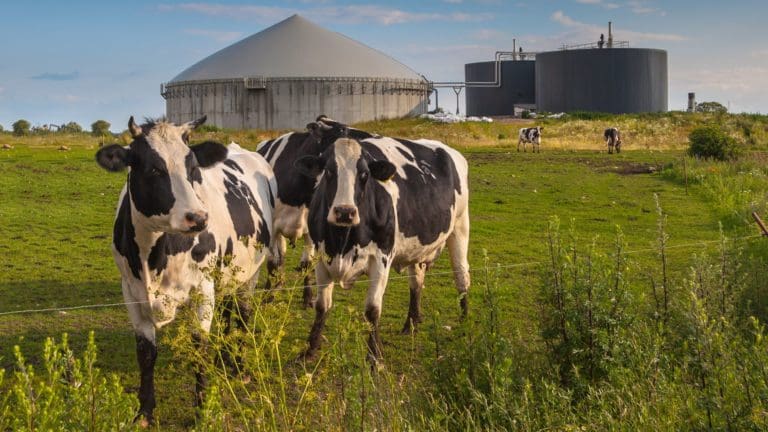
For the heating sector, it would be easy to assume that this is only of interest to those involved in solid biomass. However, the Government here is talking about all biomass feedstocks and all the technologies that depend on them, so liquid and gaseous biofuels are also included. Indeed, because transport is seen as an area where biofuels could play a lead role in decarbonisation, liquid biofuels are perhaps the most important technology featured.
So, does heating get much of a look in? The answer, unfortunately, is no. The Biomass Strategy runs to some 202 pages, of which the section devoted to heating runs to just six. This is because as the Government’s Heat and Buildings Strategy made clear, and is again reiterated here, the Government is committed to the electrification of heat and, off the gas grid “expect[s] most properties will ultimately transition to a heat pump”. We are however questioning the claim within the Strategy that the Government estimates that around 80% of off-gas grid homes are already sufficiently well insulated for a low temperature heat pump to work effectively, which to us, is simply not credible.
A convenient route
Whether this is a viable approach is contested vigorously by OFTEC, UKIFDA and many others. However, it helps explain why OFTEC and UKIFDA have found it difficult to get DESNZ officials to see the wider picture and the role HVO could play – and emphasises why the Future Ready Fuel campaign is so important in building political support.
The good news is that the Government does at least acknowledge that some buildings off the gas grid are unsuitable for heat pumps and states that “Hydrotreated Vegetable Oil (HVO) could prove a convenient route to decarbonising some off-grid properties – oil heated households would only need to make minor modifications to their existing oil boilers to use this fuel”. That HVO has its own sub-section is promising recognition, but the Government makes it clear that, in its view, further research is needed on availability and sustainability.
OFTEC and UKIFDA have already submitted detailed independently commissioned data on HVO feedstock availability to 2030 and will engage with government officials to understand what further information is required. This data makes a strong case for why HVO is a viable solution to help the Government meet its net zero ambitions regarding home heating.
